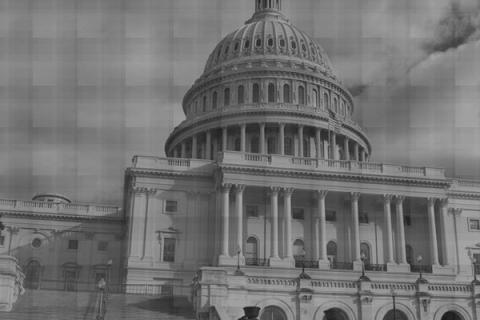Rising vegetable prices are being blamed on freezing weather in Mexico, the Southwest, and Florida. Starting this week, consumers can expect to pay triple, even quadruple the normal price for many types of produce such as asparagus and cucumbers. Blessed with favorable growing conditions since the Fall and offering its citizens a share of its ample domestic food production, California should be less affected than other states. If you do happen to meander into your local supermarket in the coming weeks and fall victim to food sticker-shock, peer past the price tags and bar codes, past the dwindling heaps of fruits and vegetables, and take a look at the writing on the wall: the global food economy is broken.
Let me start by offering the argument that food-price spikes are more of a monetary phenomenon brought on by excess Federal Reserve liquidity and Wall Street speculation than they are an indication of a genuine lack of supply. Demand for food cannot “spike,” but artificial demand can be induced by inflation which, in turn, triggers higher food prices. Other economic factors such as a lack of local control over supplies invites rampant speculation to fill the information void inherent in the global system.
Monetary arguments aside, it doesn't take an economist to see the great risk to our livelihoods we've accepted with the global food system. If farmers aren't growing for their communities, rather for food processors, grain traders and stock indexes, food prices will remain at the whim of large corporate interests.
It used to be that when one farmer's crop was lost, there were others, unaffected by seasonal extremes in weather, who could pick up the slack in production. There was even a time when government intervention to help struggling farmers was palatable, as price floors and tariffs effected little the stable framework of consumption and production. In this setting, farmers produced a variety of crops for local consumption, while exporting regionally (rarely internationally) a couple of cash crops. Of course this system required more farmers who grew more type of things, but it worked well and It fed a nation while the nation fed it. Urban America had a vested interest in its rural partner and vice versa. This system, however, didn't work well for policy makers who found career security in codifying the wishes of large agribusinesses, and it is the large corporations (not farmers) who now control the food supply.
I could speak ad nauseam about the policy decisions which have brought us to this point, policies which were made possible by a burgeoning Military-Industrial Complex. I could explain the sham that was the “Green Revolution” and the farm subsidies instituted by the Nixon administration that ravaged rural America (and now other parts of the world drowning in our overproduction of corn and soy) or the faulty logic that undergirded Clinton's “free trade” zones for food commodities and their subsequent ill effects. The history of the global food trade is important (I've covered the key points in several of my earlier articles), but when discussing solutions, knowing how we got here is only part of the equation.
As long as this neocolonialist construct persists – of far-flung food factories churning out our cucumbers here and our vine-ripened tomatoes there – as long as we keep treating food as a commodity or industrial input, we will be at the mercy of Food Inc. What is needed is a return to humane policy on the state and national level which places the food security of citizens first and recognizes the primacy of local food economies and regional “foodsheds.” If government can encourage its citizens to leave the countryside and work for “Progress” in its cities using fiscal incentives, it can, by opposing tendencies, invite workers back to the countryside so they can do the work that needs to be done.
When discussing rising food prices, instead of blaming the weather, let's focus on the lack of competition in farming. Instead of blaming God, let's understand how mankind has crafted these unsavory circumstances.

